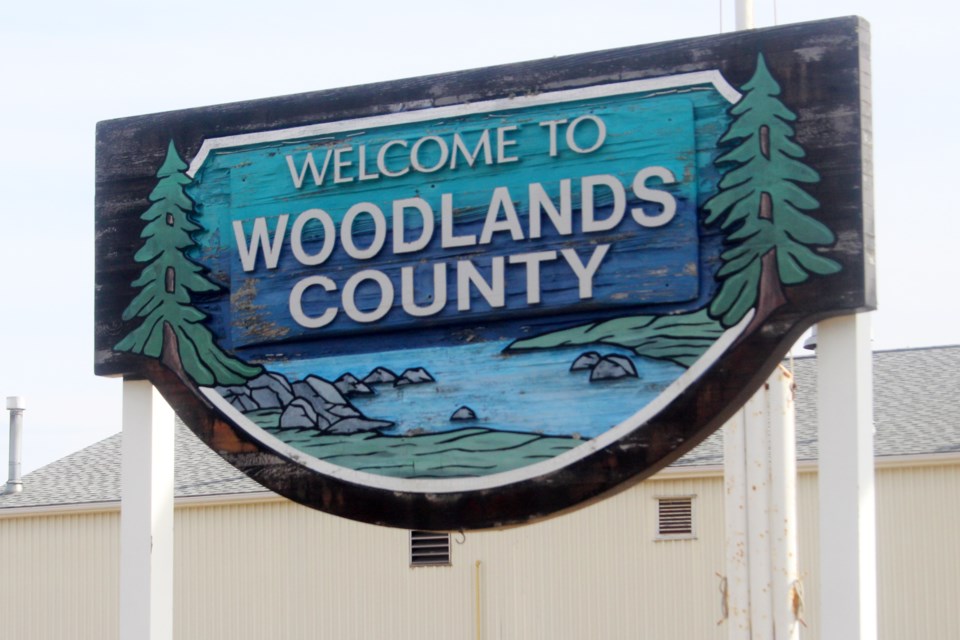Woodlands County councillors passed a motion at their Sept. 21 meeting declaring a state of agricultural disaster within the municipality, the first such declaration since November 2016 when the county was hit with heavy rains and flooding.
Manager of agricultural services Dawn Fortin said the county’s Agricultural Service Board (ASB) had discussed whether or not to recommend declaring an agricultural disaster at their Sept. 17 meeting.
As noted in a guide provided by the Rural Municipalities of Alberta, declaring an ag disaster doesn’t automatically trigger access to any increased funding programs, provincially and federally.
However, the guide states the declaration does help bring awareness to the situation in the county and it enables collaboration with impacted producer groups.
As to why the ASB felt the declaration was prudent, Fortin said, “Everybody was here in the summer, so you know we had extremely hot, dry conditions through the summer, and that led to the crop conditions that we have now.".
She said that while crops are coming off in good quality within the county, the yields are much reduced and it is unlikely there will be a lot of straw available due to the short crop height making harvesting difficult.
Further to that, she said forage crops are not doing well and local producers are seeing below 50 per cent yields on hay crops.
Though there remains a small possibility they could recover with more rain, pasture conditions are also not doing well and so there will be less fresh feed for livestock this fall, Fortin noted.
She pointed out that the council package included a letter that will be send to the Minister of Agriculture and Forestry Devin Dresheen informing him of the declaration and the difficult situation facing local farmers.
Coun. Dale McQueen indicated the ASB had held back from making this recommendation for a while, hoping to see some more rain this summer and a recovery in local pastures.
“I don’t think it will do anything except shed light on the situation to the province and to the federal government and say, ‘We’re in trouble here, boys,’” McQueen said. “They know that. Everybody knows it now."
McQueen did suggest that more financial aid for farmers might be triggered down the road.
“I think maybe this brings a little bit of hope to some of our producers. We’ll see what happens with it."
Coun. Dale Kluin noted the price of grain as of last week’s meeting was in the range of $8 to $9 per bushel.
He said he was seeing a large number of producers selling off their calves two to three months earlier than normal, and the return for the producers on these early calves is “next to nothing.”
He added, "It's not going to get any better for our cow-calf guys. I hate to think what it’s going to do for some of the younger guys. It’s just sad right now.”



